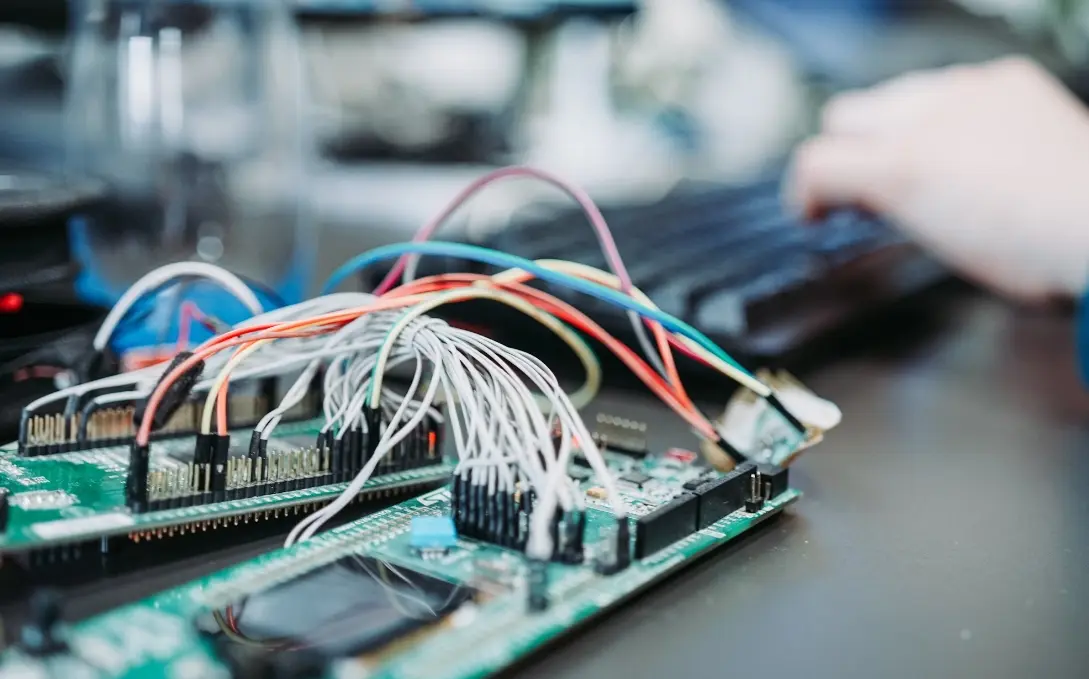
How to Get Australia FCC Certification?
Exporting electronic products and wireless devices to the U.S. from Australia requires FCC certification, which is a mandatory certification. Unlike UL certification, which is not mandatory but often requested by customers, FCC certification is essential for exports to the U.S. UL certification, however, is highly recognized and can enhance customer trust in your products. It's important to note that FCC and UL certifications are different. In summary, FCC certification is a must for exporting to the U.S.
The cost of FCC certification varies based on product type, certification mode (e.g., fcc sdoc or fcc id), testing complexity, and the pricing strategy of the selected testing laboratory. Below is an approximate cost range for reference:

1. For regular products without wireless functionality, FCC sdoc certification costs approximately $500 to $1,300, with a certification timeline of 3–5 business days to about 2 weeks.
2. For products with wireless functionality (e.g., Bluetooth headsets, wireless routers, smartwatches), FCC ID certification costs generally range from $1,300 to $4,000, depending on complexity, with a timeline of 2–4 weeks.
These figures are approximate, and actual costs may vary based on specific circumstances. For precise pricing, it's recommended to contact FCC-accredited testing laboratories or certification bodies with details about your product and certification requirements to obtain a customized quote.
What is FCC Certification?
The Federal Communications Commission (FCC) enforces mandatory certification for electronic devices to ensure that radio frequency devices used within or exported to the U.S. do not cause harmful interference with authorized communication services and to safeguard public health and safety. Below are more details:
Types of Certification:
1. FCC SDoC (Supplier's Declaration of Conformity):
- Applicable to most digital devices and unintentional radiators.
- Manufacturers or suppliers self-declare that their products meet FCC technical standards and maintain testing records and documentation.
- No need to submit test reports to the FCC, but the FCC mark must be affixed to the product.
2. FCC ID (FCC Certification):
- For intentional radiators, such as wireless communication products (Bluetooth devices, Wi-Fi equipment, mobile phones, walkie-talkies, etc.).
- Testing must be conducted by FCC-authorized laboratories, and manufacturers must submit test reports to the FCC for review. Upon approval, a unique fcc id number is issued and must be displayed on the product and packaging.
fcc certification process:
1. Product Evaluation: Determine the product category and applicable FCC rules.
2. Testing: Conduct necessary EMC (Electromagnetic Compatibility) and radio spectrum tests at an FCC-accredited laboratory.
3. Document Preparation: Prepare the certification application and required technical documents based on test results.
4. Certification Submission: Submit test reports and documents to the FCC for FCC ID certification. For SDoC, maintain records internally.
5. Certification Review: The FCC or a TCB (Telecommunication Certification Body) reviews the test reports.
6. Marking: After approval, affix the FCC mark and, for FCC ID-certified products, the unique identification code.
Fcc Key Standards:
1. fcc part 15: Covers EMC requirements for unintentional radiators (e.g., computers, TVs, microwave ovens).
2. fcc part 18: Specifies radiation requirements for Industrial, Scientific, and Medical (ISM) equipment.
3. fcc part 90: Regulates land mobile communication and private radio station devices.
Costs and Timeline:
1. Costs: Vary based on product type, testing complexity, and certification body, ranging from a few hundred to several thousand dollars.
2. Timeline: Depends on product complexity, test readiness, and certification body efficiency, ranging from weeks to months.
Compliance and Marking:
- Certified products must display the FCC mark prominently on the product or in the user manual.
- FCC ID-certified products must also display a unique identification code.
Updates and Ongoing Compliance:
1. Certification is not a one-time process; product design or manufacturing changes may require recertification.
2. Manufacturers must ensure products comply with current FCC rules, which are periodically updated.
FCC certification is a critical requirement for entering the U.S. market. It ensures compliance, promotes fair competition, and is essential for manufacturers looking to establish a foothold in the U.S. Understanding and adhering to FCC regulations is vital for market success.
Email:hello@jjrlab.com
Write your message here and send it to us
 How Do You Get a CE Mark
How Do You Get a CE Mark
 IEC 60529 IP Rating Ingress Protection Standard
IEC 60529 IP Rating Ingress Protection Standard
 IEC 60601-1 Medical Electrical Equipment Basic Saf
IEC 60601-1 Medical Electrical Equipment Basic Saf
 European Authorized Representative Medical Devices
European Authorized Representative Medical Devices
 EU Waste Electrical and Electronic Equipment Direc
EU Waste Electrical and Electronic Equipment Direc
 How to Get CE Approval
How to Get CE Approval
 Accelerated Ageing Test
Accelerated Ageing Test
 IP Ingress Protection Testing
IP Ingress Protection Testing
Leave us a message
24-hour online customer service at any time to respond, so that you worry!




